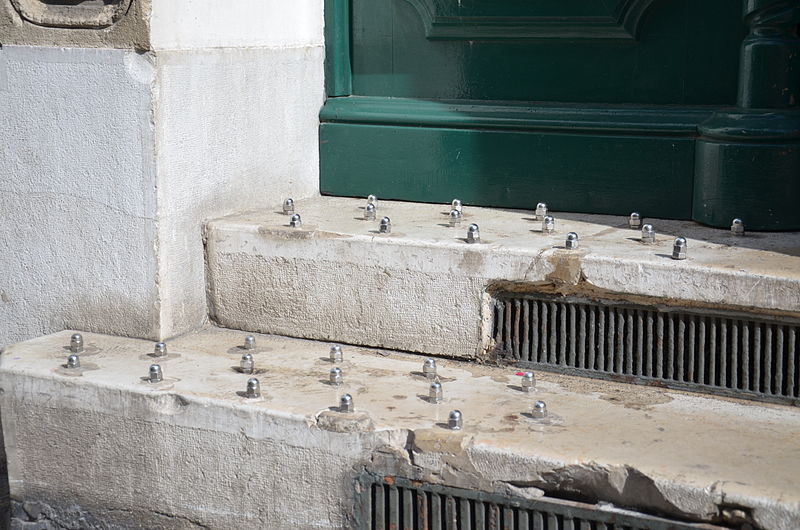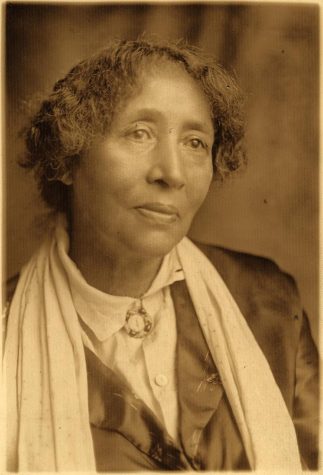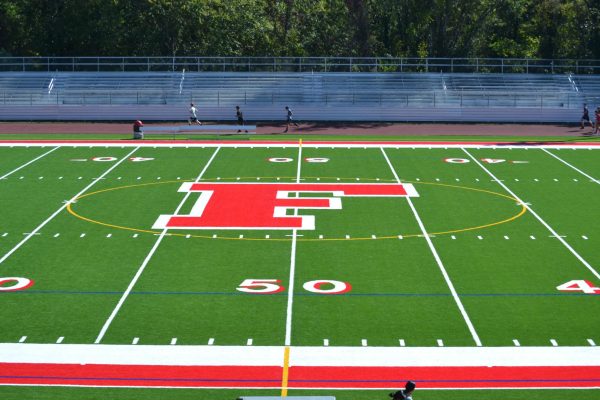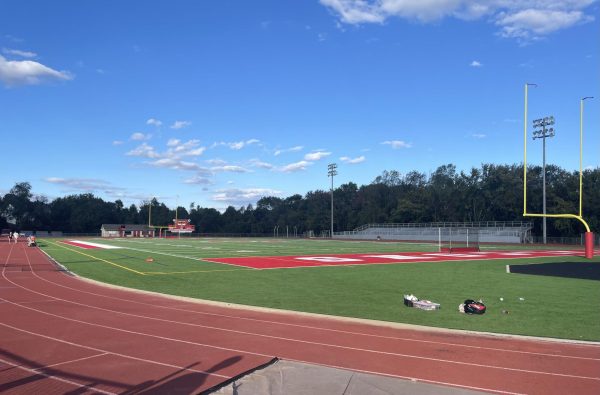The Homelessness Crisis in America
Wikimedia Commons/DocteurCosmos
Spikes are put in place throughout major cities to deter the homeless population from spending extended periods of time in public places.
The rising cost of living in America has led to an epidemic of poverty and homelessness. The Consumer Price Index (CPI) is widely regarded as a measure of inflation in the United States. According to the Bureau of Labor Statistics, the CPIs all items index has risen by 8.3 percent in the past year.
The median cost of rent has gone up by 12.3 percent, according to realtor.com’s July Rental Report. Rising rent costs have a direct correlation with homelessness. The U.S. Government Accountability Office found that an increase in the median rent by $100 a month corresponds to a 9 percent increase in homelessness.
Homelessness can occur for many reasons, but common causes are a lack of affordable housing, low wages, poverty, mental illness, and unemployment. No person, especially a working person, should experience homelessness. It is a failure of society if a worker is paid so poorly that they cannot afford housing. Those who are unable to work due to mental illness, disability, addiction, etc., deserve housing; it should be viewed as a basic human right. It is estimated that homelessness in America could be eradicated with $20 billion, however, this figure was released in 2012 and is likely higher today.
The criminalization of homelessness through laws that prohibit sleeping or resting in public, loitering, asking for donations in public and more is wrong. According to a report published by the University of California, Berkley found that out of 58 studied cities in California, every single city had at least one anti-homeless law prohibiting things like standing, sitting, or resting in public places.
The money, time and resources poured into the incarceration of the homeless population could be put to much better use in providing the unhoused with the stable housing they need. Police harassment is a large issue within the homeless population, and it is particularly bad among people of color. Black families experience homelessness at a higher rate proportionate to their population than white families. The criminalization of homelessness creates a breeding ground for the unjust policing of people of color.
Anti-homeless architecture, or hostile architecture, deters the unhoused from existing in public. Slanted benches, spiked window sills, segmented benches and fenced grates are just a few examples of this hostile design. Anti-homeless architecture sends a clear message to the unhoused: they are not welcome. Redesigning structures to discourage homeless people from existing in public spaces is a waste of time, resources and money. Hostile architecture may work to ward off the unhoused from public spaces, but it does nothing to solve the root of the problem.
Homelessness in veterans and children/teens should be of the highest priority. According to the National Library of Medicine, a report by the VA Homeless Operations Management and Evaluation System showed 89,142 homeless or unstably housed veterans. A report by American Institutes for Research states that there are 2.5 million homeless children in America.
Despite the most widespread homelessness concerns being in big cities, there is a homelessness issue within Fauquier County. According to the U.S. Census, 6 percent of the population in Fauquier County lives below the poverty line. There is only one emergency homeless shelter in the county, which serves almost 400 people a year. The shelter and transitional housing program accepts monetary donations and has ongoing volunteering opportunities.
President Biden signed the American Rescue Plan Act of 2021 into law in March 2021. This act provided $5 billion over five years for assistance for people experiencing homelessness and $21.5 billion in rental assistance through the Emergency Rental Assistance Program. While these programs have helped Americans experiencing housing insecurity, homelessness is still a major issue within the United States that needs to be addressed further.
Thanks for reading The Falconer. We're happy to provide you with award-winning student journalism since 1963, free from bias, conflicts of interest, and paywalls. We're able to continue with the generous support of our local community. If you're able, please consider making a donation. Any amount is incredibly helpful and allows us to pursue new and exciting opportunities.









Elizabeth Kyne • Sep 21, 2022 at 11:21 am
Housing is absolutely a human right.